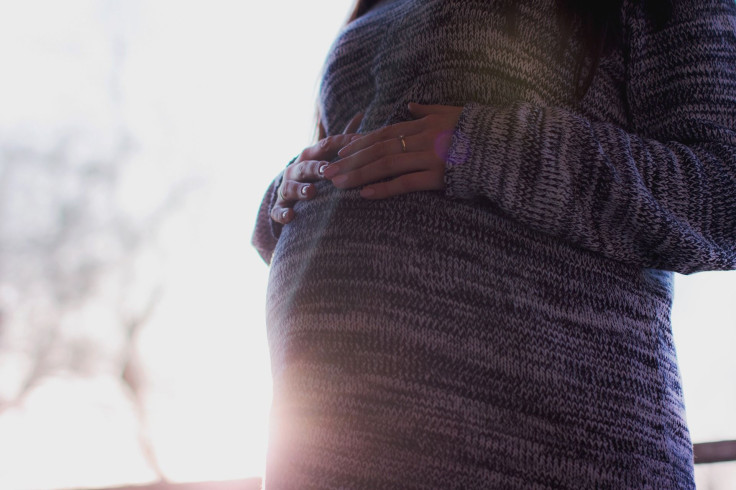Pregnancy After 35: For Kids With Older Moms, Social And Environmental Factors Outweigh Biological Ones

Miscarriage, stillbirth, diabetes, chromosomal abnormalities. This list of conditions would be terrifying for any mother, but it’s a list that has become very familiar to any woman who has conceived — or thought about conceiving — after the age of 35. Being an older mom has long been associated with a higher risk of adverse conditions in the baby and complications with the birth itself. The average age of mothers during their first pregnancy, however, has steadily risen — in 1970, that age was 21.4, and in 2014, it rose to 26.3. Are there any benefits to this steady climb, or are more women simply putting themselves and their babies at risk?
Despite research detailing the various biological effects older mothers tend to experience, a new study has found that children of older mothers have some advantages as well. Children of older mothers are healthier, taller, and better educated than the children of younger mothers, according to a new study published in Population and Development Review. Previous research has ignored macro-level environmental changes, the authors wrote, pointing out that both public health and social conditions have improved over time in many countries.
For any individual parent, delaying pregnancy means a child with a later birth year. A 10-year delay in childbearing, then, would be accompanied by a decade of social and environmental changes as well. These changes include an increase in access to higher education, improvement in medical technologies, and better approaches to public health. The study shows that despite the risks associated with childbearing at older ages, women who delay their pregnancies have healthier, taller, and better-educated children. The risks are counterbalanced, or even outweighed, by these changes that occur during the time a woman delays bearing a child.
Mikko Myrskyla, director of the Max Planck Institute for Demographic Research, and colleague Kieron Barclay at the London School of Economics, examined data from over 1.5 million Swedish men and women born between 1960 and 1991. They looked at the relationship between maternal age at time of birth and characteristics, including height, grades, and physical fitness. Height and physical fitness can be a good representation of overall health, while educational achievement is a determinant for overall occupational and lifetime achievements.
The team found that even when mothers delayed childbearing until age 40 and older, children were taller, better educated, and more physically fit. One important facet of the study was that the researchers compared siblings born to the same mother and father decades apart, allowing them to better isolate maternal age as a factor — siblings already share 50 percent of their DNA, and grow up in the same household environment.
“By comparing siblings who grew up in the same family it was possible for us to pinpoint the importance of maternal age at the time of birth,” said Barclay.
Myrskyla added: “The benefits associated with being born in a later year outweigh the individual risk factors arising from being born to an older mother. We need to develop a different perspective on advanced maternal age. Expectant parents are typically well aware of the risks associated with late pregnancy, but they are less aware of the positive effects.”
Source: Barclay K, Mryskyla M. Advanced Maternal Age and Offspring Outcomes: Reproductive Aging and Counterbalancing Period Trends. Population Development and Review. 2016.



























